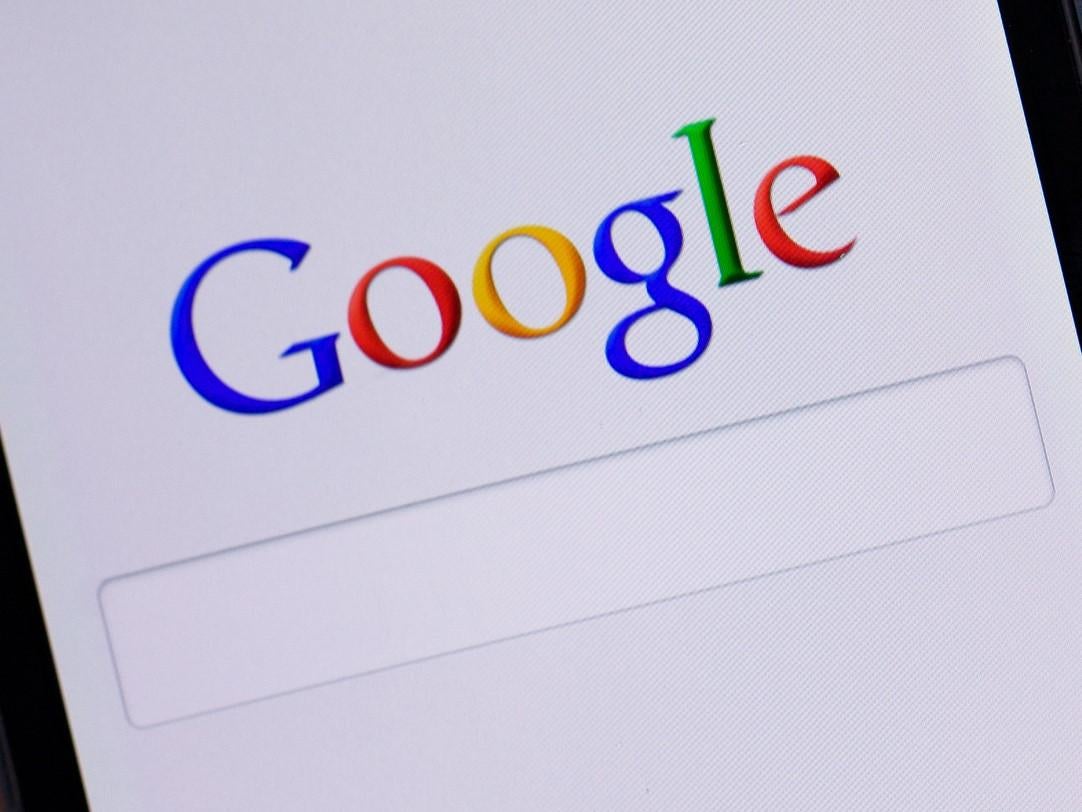The Independent's journalism is supported by our readers. When you purchase through links on our site, we may earn commission.
Google image search results will now get fact-check labels
Fact-checkers are chosen from trusted sources of information, as decided by Google's algorithm

Your support helps us to tell the story
From reproductive rights to climate change to Big Tech, The Independent is on the ground when the story is developing. Whether it's investigating the financials of Elon Musk's pro-Trump PAC or producing our latest documentary, 'The A Word', which shines a light on the American women fighting for reproductive rights, we know how important it is to parse out the facts from the messaging.
At such a critical moment in US history, we need reporters on the ground. Your donation allows us to keep sending journalists to speak to both sides of the story.
The Independent is trusted by Americans across the entire political spectrum. And unlike many other quality news outlets, we choose not to lock Americans out of our reporting and analysis with paywalls. We believe quality journalism should be available to everyone, paid for by those who can afford it.
Your support makes all the difference.Google has said that it will begin fact-checking images that appear from its search results.
Starting today, a ‘Fact Check’ label will start appearing under thumbnails.
Clicking on the thumbnail will show a quick summary of the fact check, including the claim and a rating from a fact-checker such as Politifact.
This tool is organised using ClaimReview, which is a method used by publishers to indicate fact-checked content to search engines, which are already used by Google Search and Google News.
Fact-checkers have to meet Google’s criteria before they can be used as the source. These include that the publisher of the fact check must be a trusted source of information (determined by Google's algorithm).
The content must also inform users:
- Which claims are being checked
- Conclusions about the claims
- How conclusions were reached
- Citations and primary sources of information
Google also points out that it does not endorse any of these fact checks itself, and as such cannot be appealed. “If you disagree with a fact check, contact the website owner that published it,” a Google support page reads.
Much like in Search, adding this label into Google Images does not affect image ranking.
“Photos and videos are an incredible way to help people understand what’s going on in the world. But the power of visual media has its pitfalls—especially when there are questions surrounding the origin, authenticity or context of an image,” wrote Google’s Group Product Manager of Search, Harris Cohen in a post announcing the feature.
Google is, of course, not the only company currently fact-checking information on its platform. Twitter is currently under fire from the Trump administration due to fact-checking labels that it has placed over Donald Trump’s tweets.
Facebook had to establish a new oversight board in order to deal with these types of conflict on its own platform and its subsidiary, Instagram, but not WhatsApp.
It is also developing artificially-intelligent tools to try and detect messages in memes.
Join our commenting forum
Join thought-provoking conversations, follow other Independent readers and see their replies
Comments